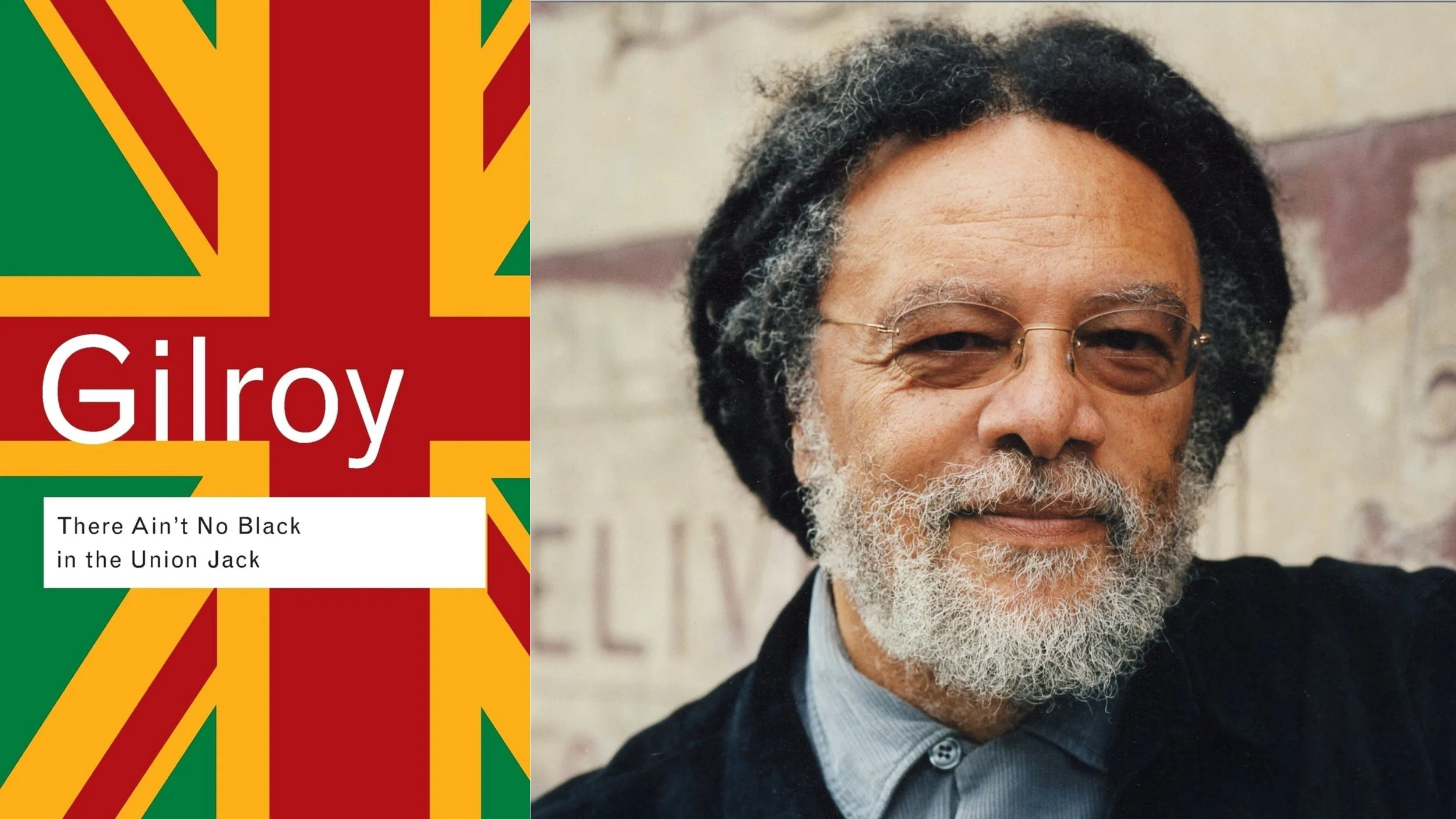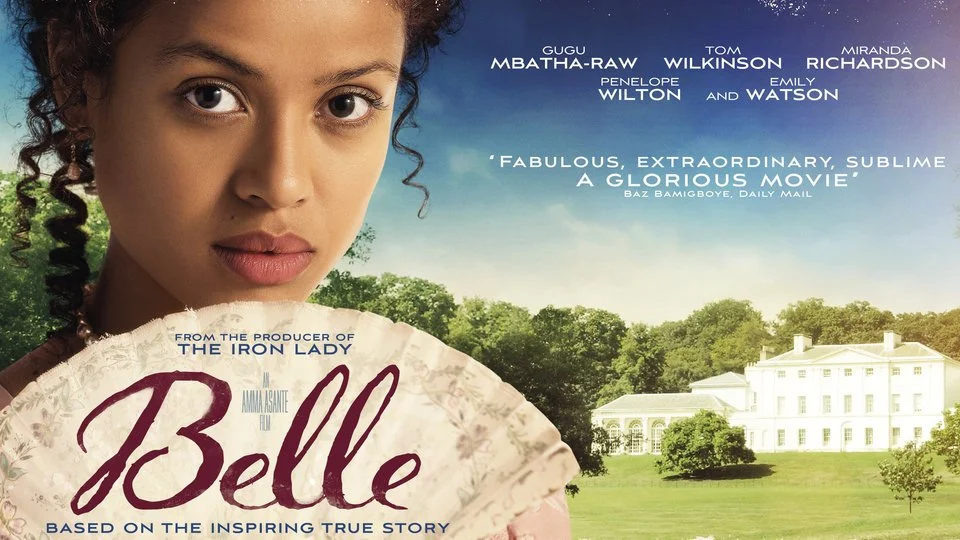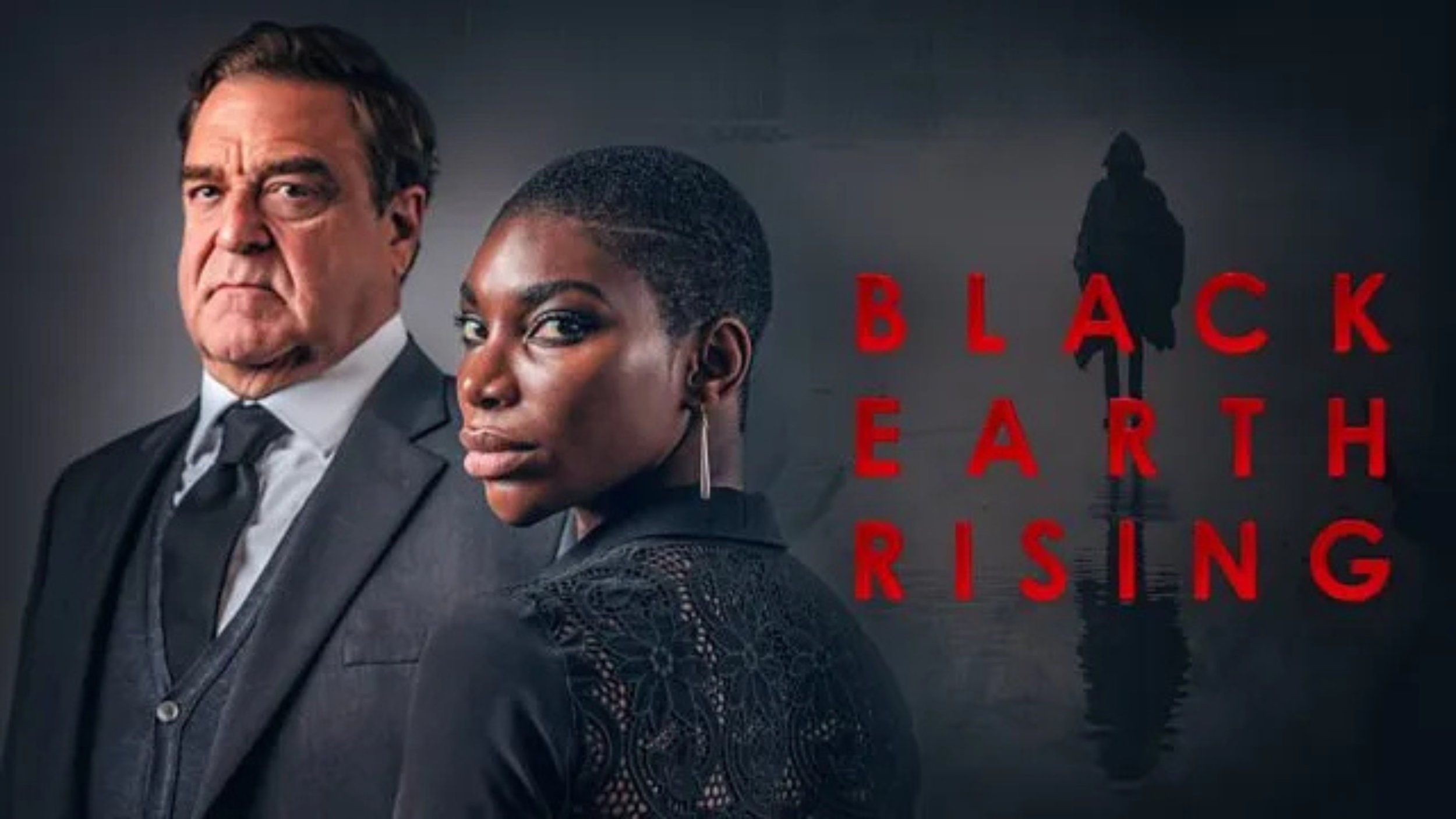Brixton to the Diaspora
An Introductory Guide to Black British History Month
By: Lyza Lawal
In the UK, October is the official month to celebrate Black History. There will be various events across the country, from public to private, some held by universities or local councils/libraries. This month aims to celebrate Afro-Caribbean history and culture, highlighting the impact of Black people on British history. It is often celebrated by Black immigrants across the diaspora who live in the UK. Partly inspired by the United States’ Black History Month in February, Akyaaba Addai-Sebo, a Ghanaian political refugee, was the architect of Black History Month in the UK. In an interview, he noted that they chose the month that would be best for engaging with young people. They settled on October, as “it's not too cold and students coming back from summer holidays, thus less worried about exams,” being able to give education on Black British History their full attention. Addai-Sebo explained that they were pressured to move Black History Month (UK) to February to match their US counterparts, but they refused to and initially planned to extend the month to “December, encompassing Kwanza and call the period Black History Season with the symbioses with the Woodson and Karenga creation in the US remaining.”
(Credit: BlackBritishHistory and Guardian)
The month was established while Addai-Sebo worked for the Greater London Council (GLC) Ethnic Minorities Unit in 1986. The initial plan was to create a series of lectures and concerts between 1985–6 “to celebrate Africa’s contribution to world civilisation, led by intellectuals, politicians and musicians from across the diaspora.” According to Enahoro, it was during these lectures that Addai-Sebo noticed that several anniversaries were coming up, such as “the centenary of Marcus Garvey’s birth; the 25th anniversary of the Organisation of African Unity (OAU); the 30th anniversary of Ghana’s independence; the 180th anniversary of Britain’s abolition of the slave trade.” After this, Addai-Sebo drafted a declaration, circulating it around the GLC Ethnic Minorities and other London Authorities here, proclaiming October as Black British History month. The 1980s were full of racial tension in the UK, with riots in major cities, including: in 1981, Brixton (London), Toxteth (Liverpool), Handsworth (Birmingham), and Chapeltown (Leeds), and in 1985, Broadwater Farm (London), Brixton (London), and Handsworth (Birmingham). This was mainly caused by the “tensions between local communities and the police, which had been exacerbated by the disproportionate use of 'stop and search' ('sus') powers against young black men.” It is important to note that young Black men were not the only group affected by these policing powers. Dorothy “Cherry” Groce passed away in 2011 from complications stemming from being shot and paralysed by the police in 1985 after the Broadwater riots. This is an experience our American counterparts have come across, especially in cases such as Breonna Taylor, Sandra Bland, and George Floyd. Cherry, just like Breonna, became a victim of police brutality due to officers investigating the Black men they were in proximity to. Both of them were unarmed and were shot during the forced entry of their home. These unfortunate events are examples of the connections between Black British and American diasporans in these times. It is important to stay connected and advocate for these systems to be dismantled globally.
For readers across the diaspora, here are some beginner recommendations for those interested in understanding the Black British experience and creating solidarity through education:
There Ain't No Black in the Union Jack by Paul Gilroy
Professor Paul Gilroy is one of the world’s most influential academic intellectuals from the UK. Building on the work of Stuart Hall, this book explores the relationship between race, class and nation in contemporary British society. Gilroy provides insightful points about the intricacies of racial politics in Britain and the connection between racism and nationalism in an imperialist and former colonial state.
Small Axe: Anthology
Small Axe is a collection of five films based on the real-life experiences of London's West Indian community between 1969 and 1982. Created and directed by Steve McQueen, the title is a reference to Bob Marley’s 1973 song “Small Axe.” Each film/episode deals with different aspects of Black life in the UK, from activism, romance, policing and education.
Heart Of The Race: Black Women's Lives in Britain by Beverly Bryan, Stella Dadzie and Suzanne Scafe
Heart of the Race offers a vital challenge to traditional accounts of Britain’s history, which have often overlooked Black women. This socio-historical research examines the position of Black women from the Second World War to the present day. The book restores their historical presence by capturing their everyday realities with education, employment, and healthcare while also highlighting the personal and political battles they have fought to sustain identity and community. The book was written and researched by Black British feminists Beverly Bryan, Stella Dadzie, and Suzanne Scafe.
Farming
This film is based on Adewale Akinnuoye-Agbaje, the writer/director's childhood. Farming tells the story of a young Nigerian boy, 'farmed out' by his parents to a white British family in the hope of a better future. Instead, he joins a white skinhead gang. This movie explores what Famurewa explained as the process of African immigrants establishing themselves in the UK who privately fostered their children after the Second World War.
Small Island by Andrea Levy
Small Island is a novel about four people whose lives connect in Britain after World War II. It tells the story of Jamaican immigrants who come to England with hopes for a better future, and the English people whose lives they touch. The book explores themes of racism, empire identity, love, and belonging, while showing both the struggles and resilience of ordinary people trying to find their place in a changing world. In a 2011 interview, Levy said, “I wanted to explore the relationship that the Caribbean islands had with Britain.” To do this, she used her mother's experiences as a backdrop, delving into the point where Britain started to change into the multicultural country it is today.
Belle
Belle is a film inspired by the true story of Dido Elizabeth Belle, the mixed-race daughter of a Royal Navy officer and an enslaved African woman. Raised in 18th-century England by her aristocratic great-uncle, she struggles with questions of identity, race, and class. The movie shows how she finds love and her voice while also touching on the fight against slavery in Britain. Though many may not consider this movie when discussing content that explores the Black British experience, I would beg to differ. Bi-racial identity has its own subgroup/label; their experiences contribute greatly to the wider discussion of racism and its history in the UK. As Kermode notes for the Guardian review, “Amma Asante delivers some sharp lessons on slavery in this true story of Britain's first black aristocrat.”
Fire Rush by Jaquline Crooks
Fire Rush follows Yamaye, a young woman in 1970s London, who finds freedom and identity in reggae and dub music. The story explores friendship, love, grief, and the struggles faced by the Caribbean community in Britain. It’s about music as a lifeline, the search for belonging, and the impact of violence and loss on personal and cultural identity. This book delves into the racial tensions of the 70’s (from policing, activism and government surveillance) and how it impacts Black women specifically, who are at the intersection of race and gender.
Black Earth Rising
Black Earth Rising is a TV drama about Kate Ashby, a woman adopted in Britain after surviving the Rwandan genocide. As an adult, she works in international law and is forced to confront painful truths about her past, her identity, and the politics of justice. The series explores themes of memory, empire, trauma, power, and the complexities of seeking justice after mass violence, and is a great starting point in understanding how the British benefit from their past as an imperialist state.










